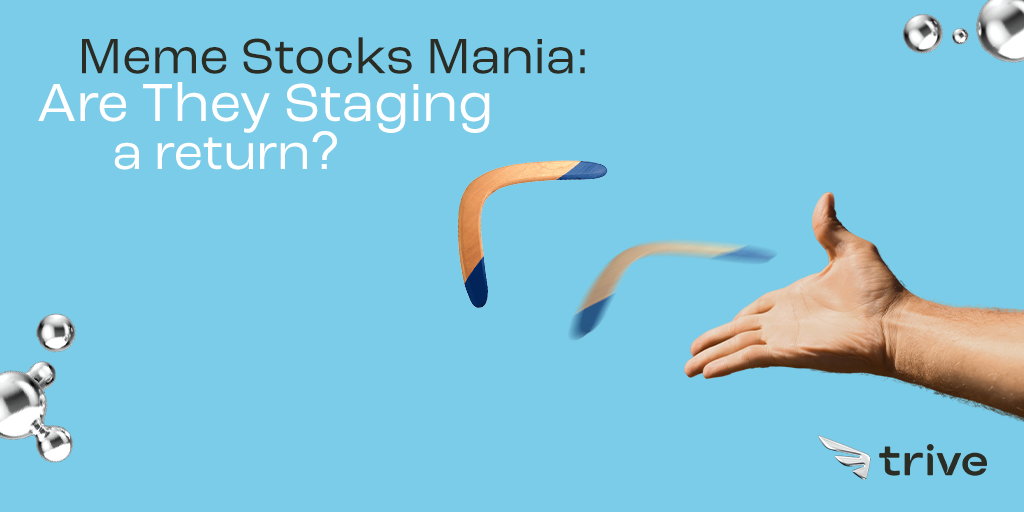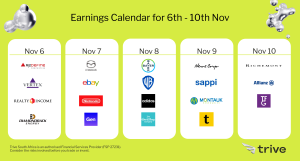
Simply put, a meme stock is a stock in a firm that has become widely discussed on social media and has a cult-like following among retail investors, especially those of the Gen Z and Millennial eras.
Their high volatility is their primary attribute. There might be a massive disconnect between the stock price and the company’s underlying fundamentals (such as its profitability, asset value, and prospects). Instead, prices are more likely influenced by a group of individual retail investors acting together on social media sites like Reddit’s popular WallStreetBets community.
In 2020, a combination of pandemic-induced stay-at-home boredom, an increase in household savings, and the popularity of zero-fees internet trading platforms gave rise to the meme stock frenzy. The spectacular growth of GameStop, a struggling American brick-and-mortar retailer, was at the center of the meme stock storm. On 8 January 2020, shares of the company’s stock were trading at $4.42. By 29 January, they had risen to $81.25.
The market cap of the top five meme stocks (GameStop, AMC, Blackberry, Bed Bath & Beyond, and Tootsie Roll) had reached a staggering $55bn by this time.
While confidence in the meme stock trend faded after the beginning of 2021, there was a notable increase in social media-driven retail investing in the second half of 2022. The recent volatile share price of Bed Bath & Beyond is only one example of this trend. Between July 27 and August 17, the company’s stock rose 393%, but by September 6 it had fallen 70%. The social media posts of GameStop’s chairman Ryan Cohen, and the darling of investor communities like WallStreetBets, who sold his entire 12% stake on August 17 contributed significantly to the price fluctuation.
As a result, although meme stocks are unlikely to reach the stratospheric heights experienced in early 2021, the reflex of collective action and social media influencers continue to exert significant weight over the financial markets.




